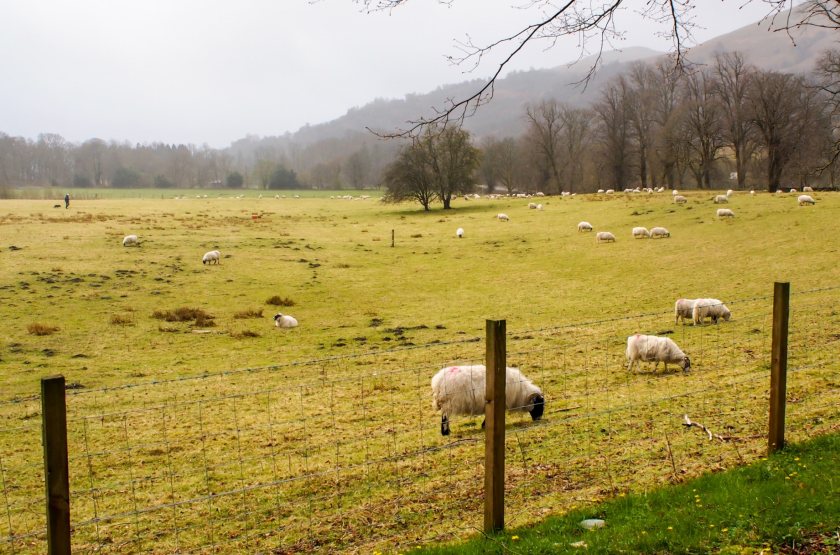
Welsh farmers facing rising costs and feed shortages have been handed a vital cash flow lifeline, with more than 90% receiving an advance Basic Payment Scheme (BPS) instalment worth £158 million this week.
More than 15,500 claimants will benefit from the advance, which represents about 70% of their estimated claim value. Rural Payments Wales (RPW) will continue to issue advance payments as individual claims are validated, with the remaining balance to be paid from 12 December.
Officials expect that all but the most complex cases will be settled before the end of the payment window on 30 June 2026.
Deputy First Minister Huw Irranca-Davies, who has responsibility for Rural Affairs, welcomed the progress: “I am pleased that thousands of farms across Wales have now had the BPS advance payments for 2025.
"I hope this gives farming businesses reassurance and stability for the year ahead. Rural Payments Wales will be working hard to ensure full and remaining balance payments are made as early as possible once the full payment window opens in December.”
He noted this would be the final year of the scheme before the new Sustainable Farming Scheme (SFS) begins in January 2026.
The announcement came during a meeting between NFU Cymru President Aled Jones and the Deputy First Minister on Wednesday (15 October). Mr Jones praised the effort of RPW staff in ensuring payments were made quickly.
“I warmly welcome the announcement … that BPS advance payments have been made to most farmers in Wales this week,” he said.
"This support, which will see over £158m delivered to the rural economy, will be a major boost for the cash flow of more than 15,500 Welsh farmers, along with the allied industries who rely on farmers for so much of their income.”
Mr Jones stressed that the stability provided by BPS is particularly important given the challenges facing Welsh farming. Prolonged dry weather has left many producers with lower feed stocks, forcing them to buy in additional supplies ahead of winter. He said this highlighted the role of a stability payment in underpinning high-quality food production.
NFU Cymru has also welcomed the maintenance of the BPS budget for 2025. Looking ahead, Mr Jones called for “a well-funded, multi-annual budget” for the SFS, with at least £238m a year committed to its Universal Layer from 2026. “The existing budget for farming needs to increase to over £500m just to keep pace with inflation,” he added.
Alongside budget discussions, NFU Cymru pressed the Deputy First Minister to commit to evolving the design of the SFS following Welsh government’s own economic modelling, which suggested potential negative impacts on livestock numbers, jobs and farm income.
While reaffirming NFU Cymru’s support for the overall framework of the SFS, Mr Jones said the scheme must adapt. He highlighted the need to review the proposed 10% habitat requirement, develop Optional Layer measures that improve efficiency and profitability, and ensure RPW adopts an advisory-led approach during implementation.
“It is also important to consider the very significant change farmers face with the introduction of this new scheme,” he said. “As the scheme reaches implementation stage, we are seeking reassurances … that RPW will adopt an advisory-led approach to delivery and seek to minimise the stress and anxiety that farmers experience at inspection and the disproportionate system of penalties.”
Mr Jones also urged the government to act quickly for the small percentage of farmers who have not yet received their BPS advance. “I sincerely hope that any outstanding issues can be resolved so that their payments can be made without further delay,” he said.
The advance payments, alongside ongoing negotiations over the Sustainable Farming Scheme, highlight the high stakes for Welsh agriculture as it navigates financial pressure, climate challenges and major policy change.
